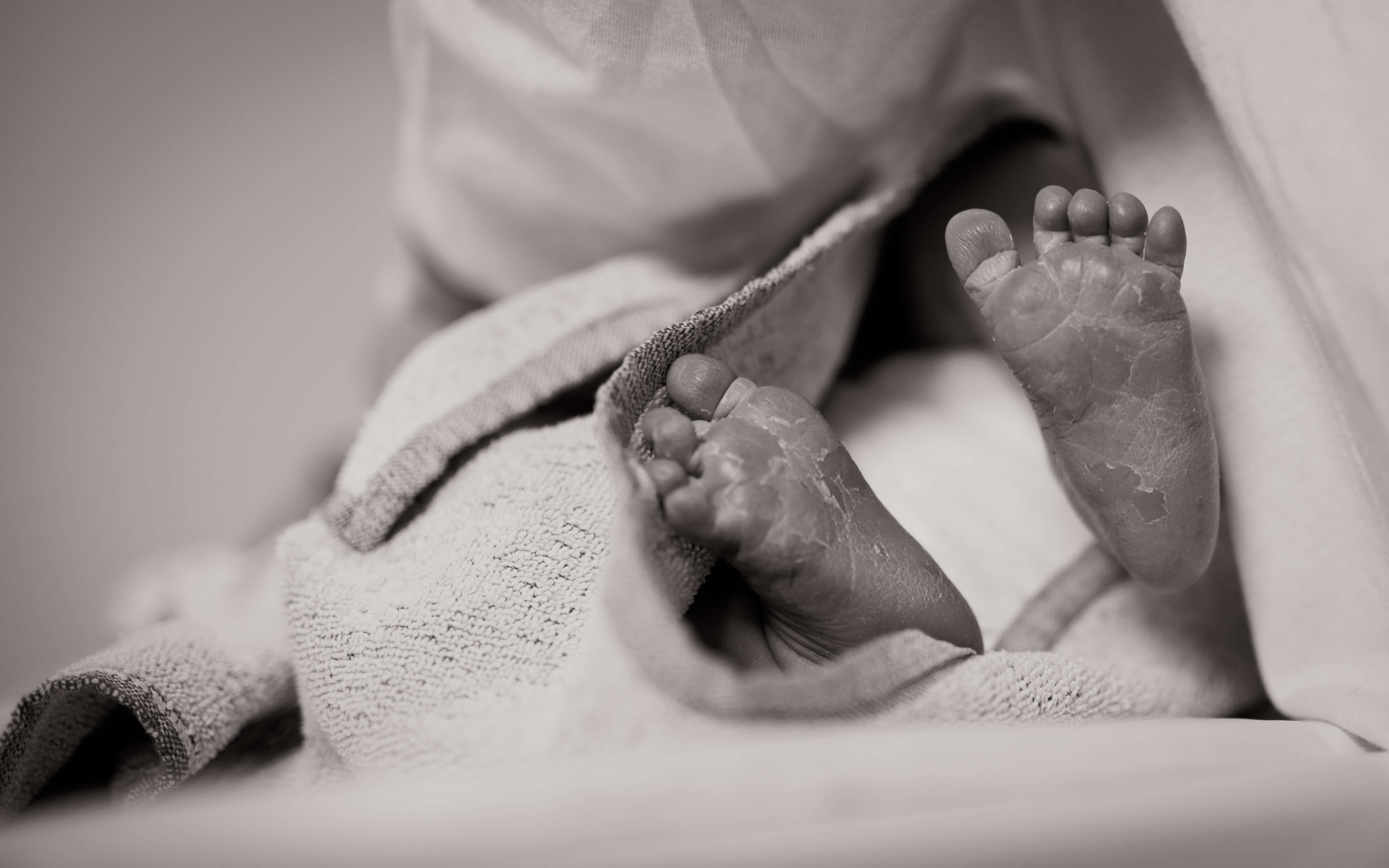Tanzania: Enlighten People on Obstetric Fistula
Media houses in the country have been asked to cover widely issues that concern the health and well-being of the people, including publishing information on how best to avoid obstetric fistula or how to seek medical intervention.
The Acting Executive Director of Women’s Dignity Project (WDP), Mrs Subila Mwambingu, made the call in Dar es Salaam yesterday at a seminar on the Role of the media in the campaign against fistula, inaccessibility to health services and maternal health problems.
“According to the surveys made by WDP on fistula, most people in the country, mainly in rural areas, have little access to health services. Residents in certain rural localities lack even the most basic information on their rights to health services,” she said. She said girls and women with fistula, who live in the interior of the country, have few options for health care mainly due to ignorance.
“The scale of the problem could be minimized if these women and girls were enlightened on the free medical interventions that are available to them,” she said. Mrs Mwambingu said such information would help the sick to determine when and where to go for medical treatment especially in the cases of fistula which needs urgent surgical care.
“Community education is required in the quest to enlighten members of public on the best means to avoid fistula,” said Mr Ludgar Kasumu, Programme Officer of WDP. He said the study done on fistula presents vital evidence on how health care and social systems fail to meet women’s basic needs. Obstetric fistula crops up when labour is prolonged or obstructed.
The continual pressure of the baby’s head in the birth canal bores a hole between the bladder and the vagina (vesico-vaginal fistula) or between the rectum and the vagina (recto-vaginal fistula). As a result, urine and faeces leak continuously and uncontrollably from the mother’s private parts.
In nearly every case of fistula, the baby dies, leaving the mother to face a traumatic and dehumanising health condition. An obstetric fistula can also occur because the girl’s (or woman’s in some cases) pelvis is too small, the baby’s head is too big, or the baby is badly positioned. The girl (or woman) can be in labour for five days or more without expert medical help.
Source: Daily News – 1 August 2008

